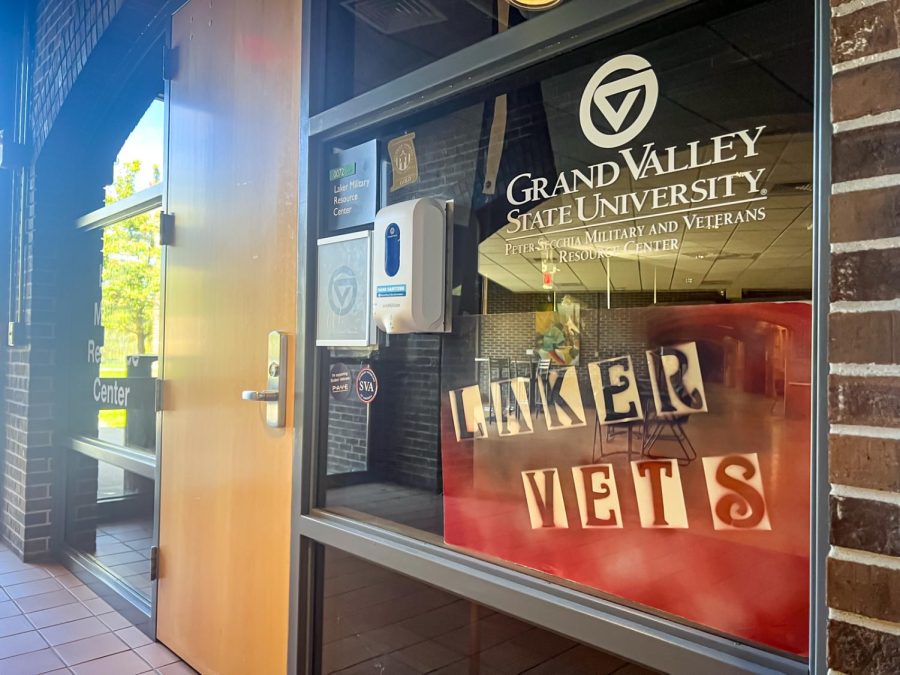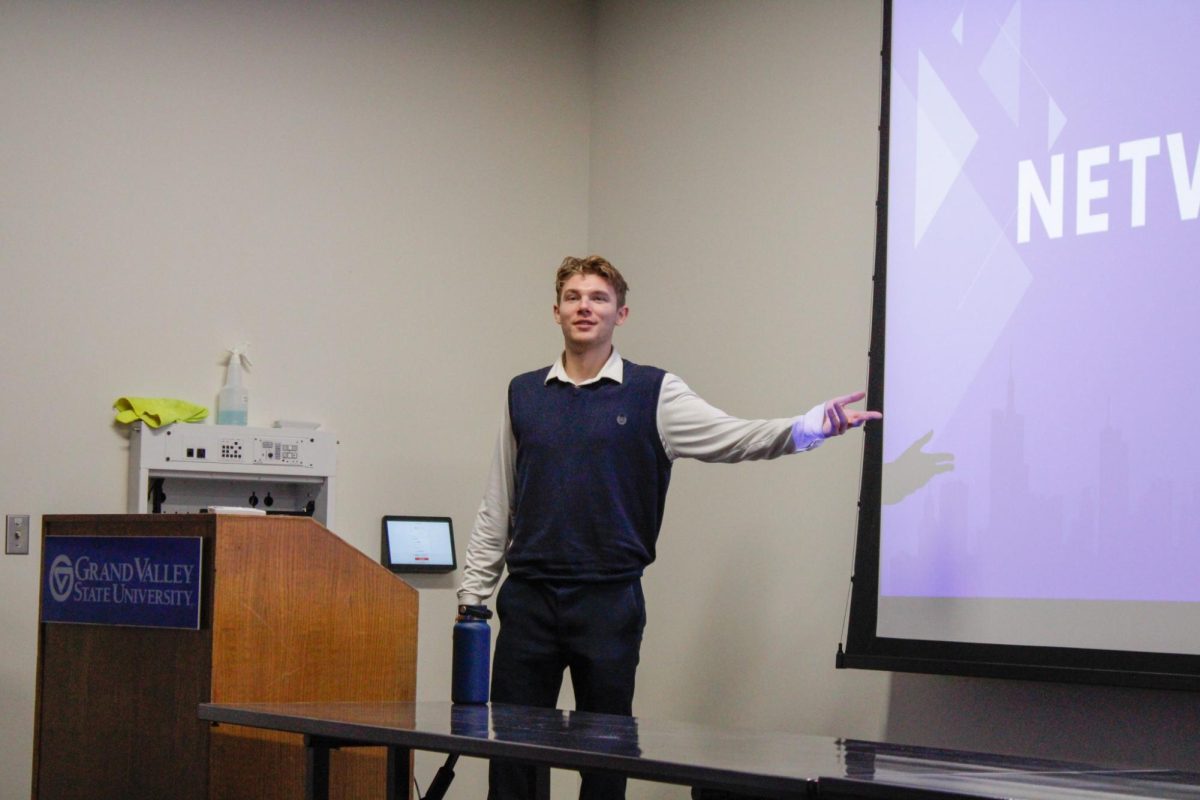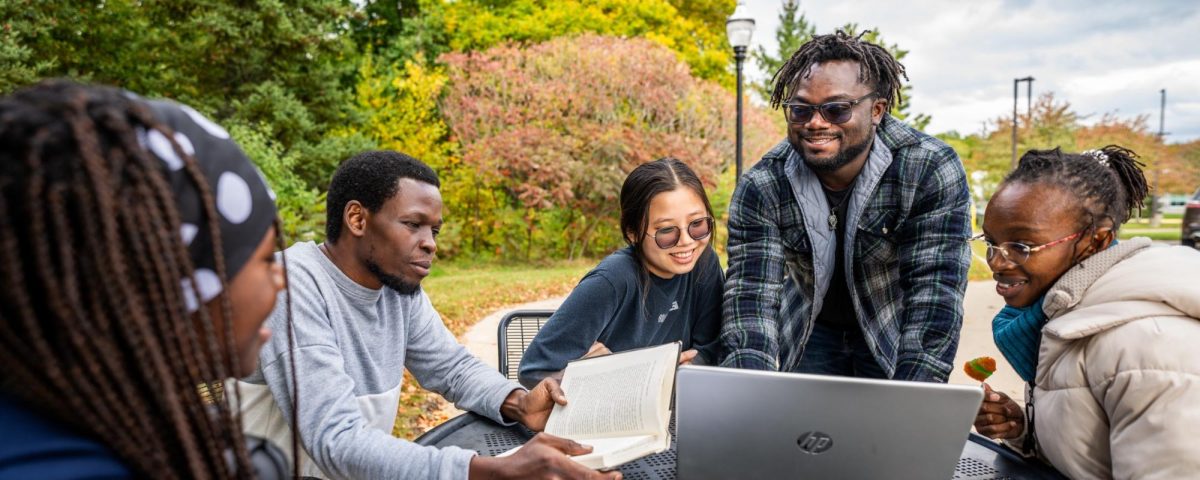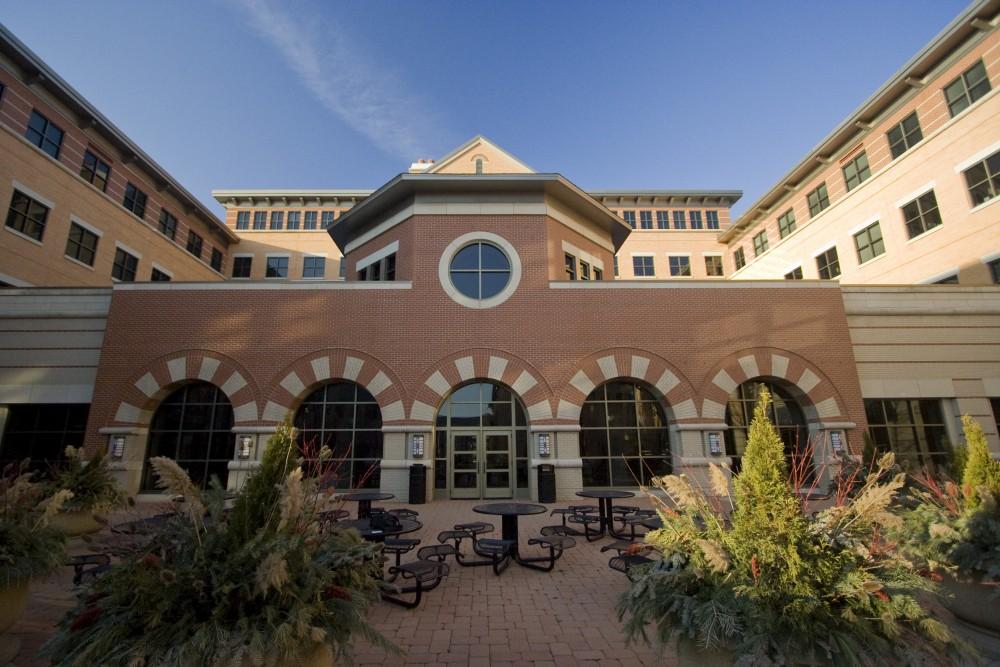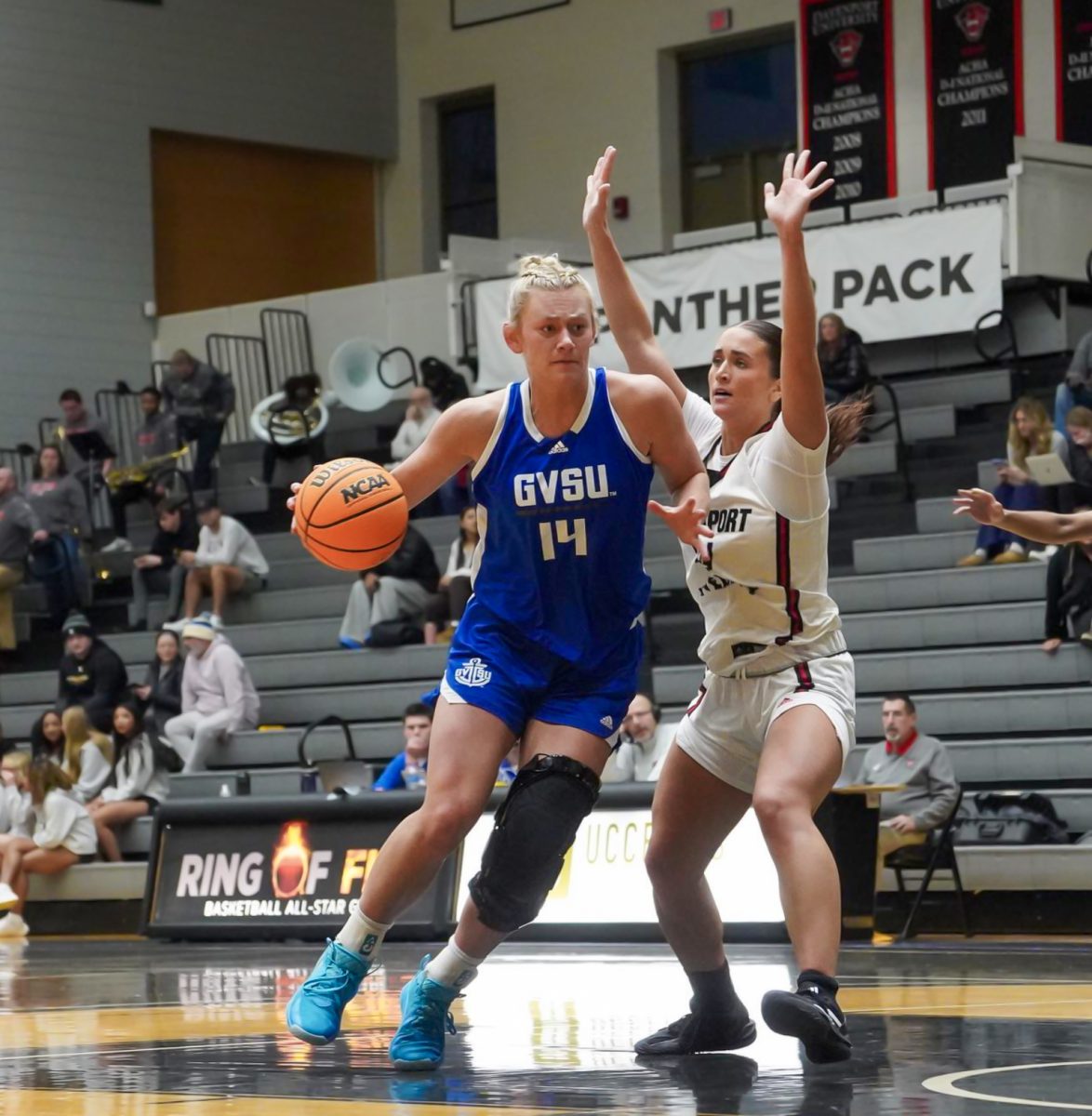State investment in veteran suicide prevention draws praise from GV veterans
Oct 3, 2022
On Sept. 21 Governor Gretchen Whitmer announced a $1.2 million investment in veteran suicide prevention programs.
The programs are aimed at supporting and improving the health of hundreds of thousands of Michigan military veterans and their families.
This new investment, the largest in veteran suicide prevention outreach since 2000 according to Governor Whitmer’s office, seeks to provide benefits for veterans’ mental and physical health, while also offering economic and educational assistance as well.
Whitmer was quick to vow her support for the men and women that protect this country and state.
“Veteran suicide remains a persistent problem in Michigan and nationwide, and we must use every resource and tool we have to protect the lives of our former service members,” Whitmer said in a statement released on Sept. 21. “Today’s investment will expand funding for suicide prevention efforts in Michigan and build on the ongoing efforts of the Michigan Veterans Affairs Agency to keep veterans and their families safe and healthy.”
Jill Hinton Wolfe, Director of GVSU Military and Veterans Resource Center, said she is pleased to see the state’s latest investment into the welfare of Michigan’s veterans.
“I think the state is doing an excellent job of supporting veterans,” Wolfe said. “In fact, the problem isn’t that there isn’t enough support or resources, it’s communicating all the programs and initiatives that are available. There’s almost too much information, and if vets aren’t connected with someone who can help them wade through all your options, it’s easy for them to feel overwhelmed or just shut down.”
Wolfe appreciates the support for veterans once they leave the service of the country but recognized that issues still remain in the system.
“The problem is that many veterans either don’t think they qualify for benefits, or genuinely don’t want them,” Wolfe said. “Military service can be as traumatic as it is transformative. I don’t have all the answers, but I believe this is a systemic problem that begins when service members are still serving.”
Wolfe further stressed the responsibility she feels the military has to take care of its active service members as well.
“The military needs to do a much better job of focusing on mental health while service members are still serving, especially for female veterans, disabled veterans and veterans of color,” Wolfe said. “That way when they are discharged, veterans understand that they absolutely qualify for these benefits and that it’s not a sign of weakness to take advantage of them.”
For Wolfe, the individual veteran needs to advocate for themselves if they really intend to take advantage of these latest resources.
“It’s largely incumbent upon the service member to realize that they need help, and then be brave enough to reach out and ask for it,” Wolfe said. “Family members, friends and colleagues can also play a big role in helping vets feel safe enough to ask for help.”
The housing benefits available for veterans in this new budget are another piece of the puzzle that Wolfe appreciated greatly. She also said GVSU is committed to supporting veterans by connecting them with someone who can help them with whatever issues may arise, economic or otherwise.
“When it comes to issues of housing and substance abuse, GVSU’s Military and Veterans Resource Center serves mostly as a connector to other resources, both private and public,” Wolfe said. “For example, the West Michigan Alliance for Veterans has an excellent program that provides qualified student veterans with a $500 a month stipend to help with their housing. Of course, GVSU’s Counseling Center is also available as a resource for all student veterans, though the VA is often a much more appropriate resource.”
Grand Rapids resident and U.S. service member Josiah Shomsky, age 25, was welcoming of Whitmer’s new job plan, but also stressed the importance of getting the word out about the benefits available to veterans.
“I believe this investment is a benefit, but it requires the veteran or those around them to be aware of the resources out there for it to work,” Shomsky said. “I think the state giving these resources is great, but the regular citizens can do a better job. I feel that we tend to leave many things to others to solve, instead of us trying to be a part of the change.”
Shomsky said it is important to have a support system for veterans that are returning home from duty, especially after existing in such a rigidly structured world for so long. He described the smooth transition and acquisition of goals as beneficial to the mental health of veterans.
“A regular citizen can help by just being a friend, finding ways to give them a purpose and coming alongside them helping them through the many decisions they are facing,” Shomsky said. “In the military, you are expected to show up when you’re told and do what you’re told; there’s not much room for you to make your own choices.”
In their quest for independence and trying to meet their own goals in civilian life, Shomsky believes said new plan can help, but reiterated the difficulty involved with going from a military lifestyle to a more traditional one.
“Those that are returning home are having to learn how to be self-sufficient,” Shomsky said. “Most people that have served joined the military right out of high school and have spent four-plus years doing what they’re told. Making some of these decisions can be very overwhelming and they start to see life going downhill with no uphill in sight.”
While Michigan’s continued support of veterans seems to be welcomed by many, Wolfe and others continue with hopes that all veterans can receive the support they need.




